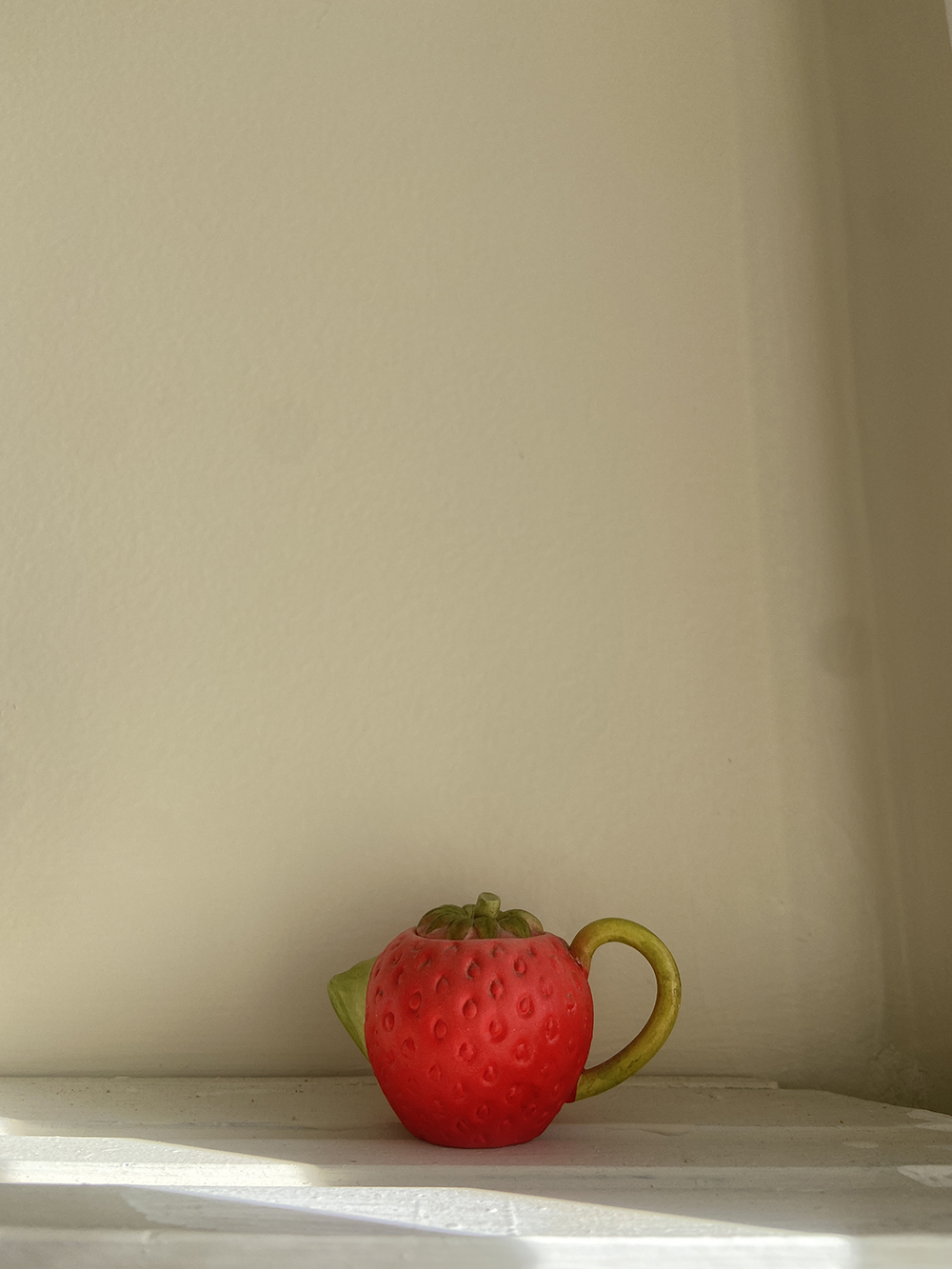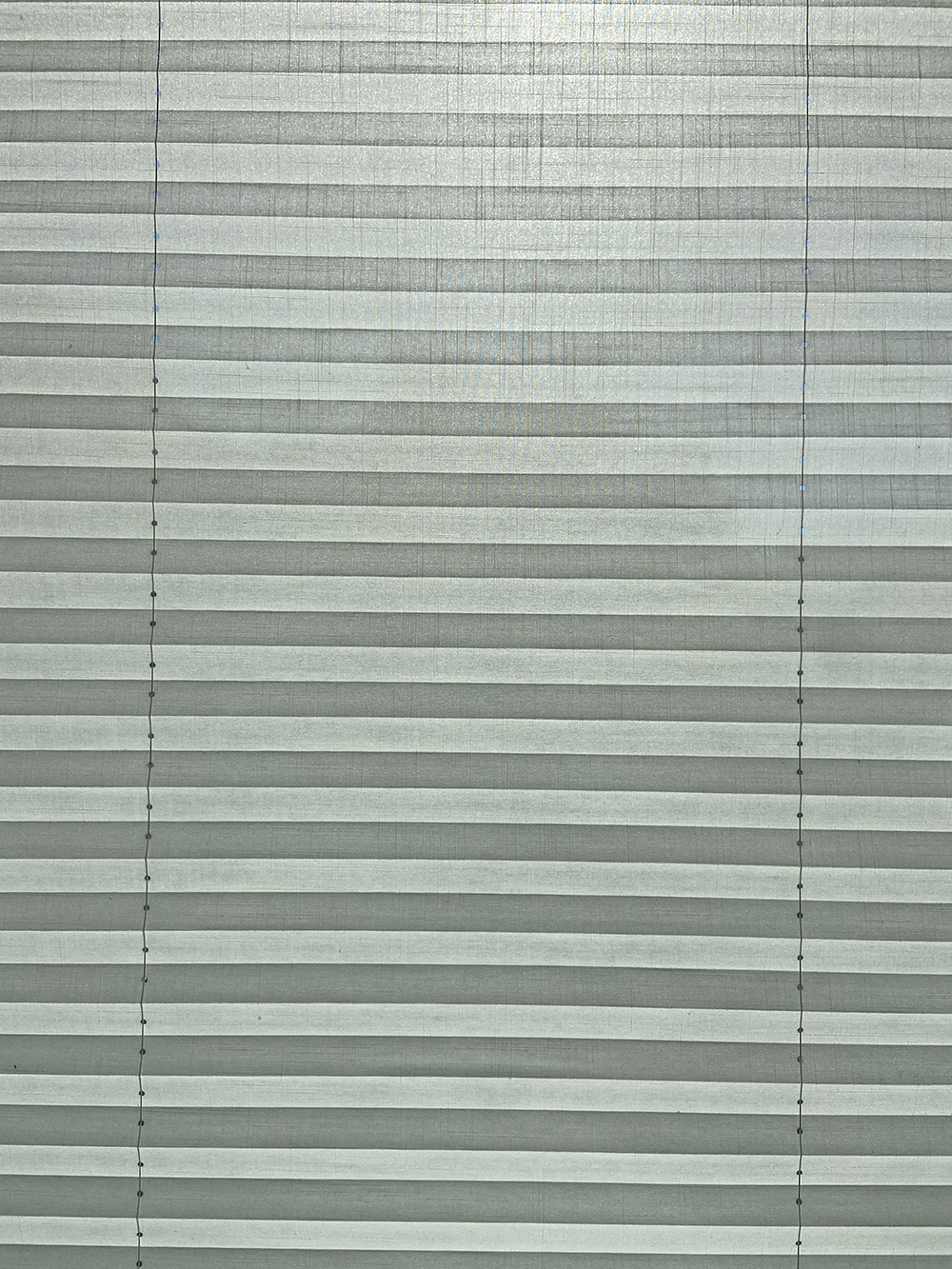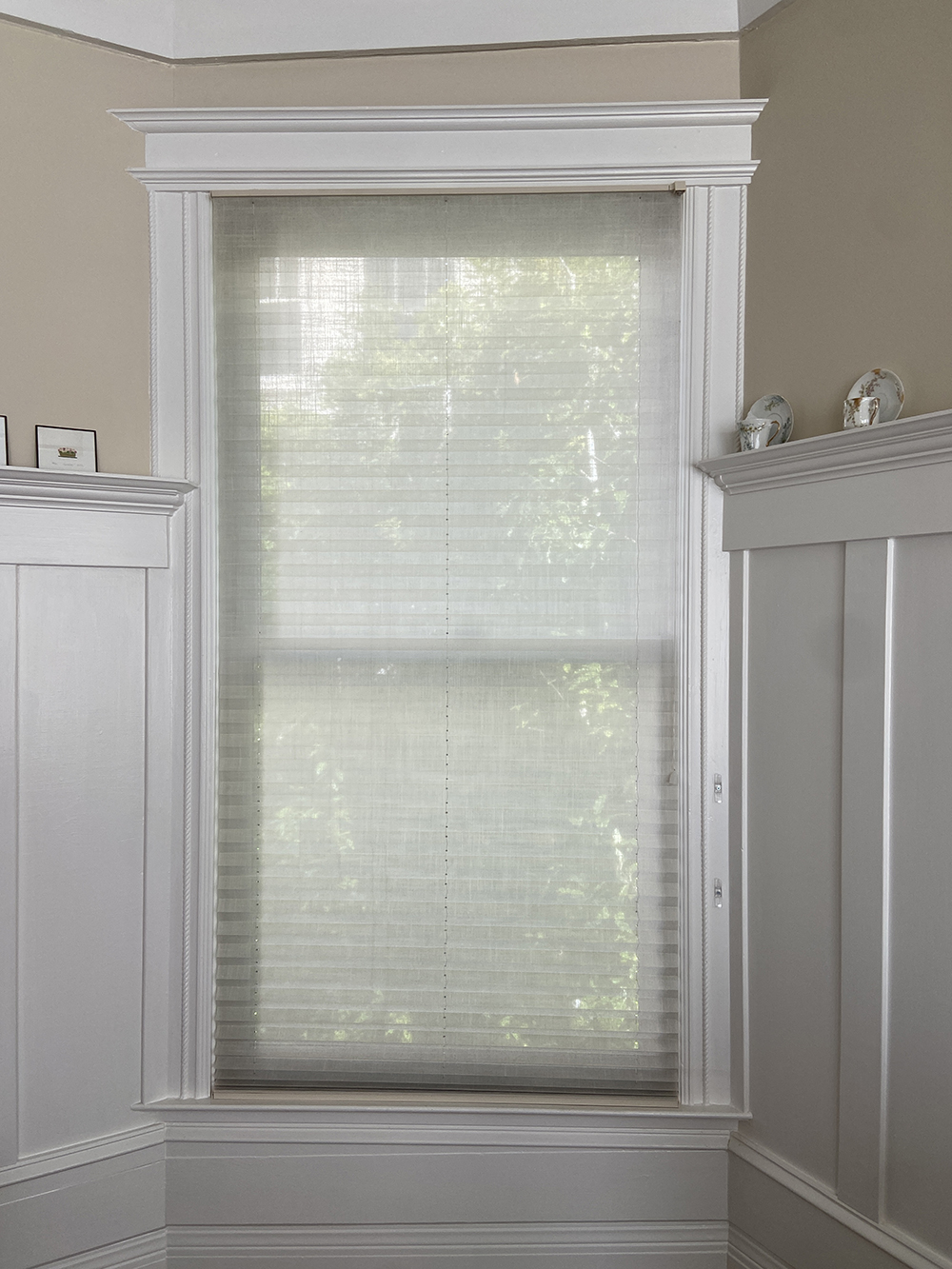ELIZABETH JAEGER
Inside my mother’s home, inside the kitchen, inside the glass faced cabinet, sits a tiny strawberry tea pot. Remove its little leafy top, and find all of my baby teeth. The tea pot has never been used, nor have any from her collection. Most remain sitting in this cabinet, inside this house, in Northern California. Others rest on a thin white picture rail that runs across a pristinely painted wall. Shades drawn nearly always, there is no chance at discoloration.
My childhood bedroom was decorated from refurbished antique furniture. Dark ornate wood with carved flowers along the edges. Dressers with mini compartments for clothing no longer made so small. Between these statement “Our Darling Daughter” pieces, my chewed gum collection, displayed in a cubby shelf made of 2 inch boxes. Placed amongst the pink hued mounds: my pewter soldiers, tamagachies with dying batteries, spectacled turtles made of shells, and a silver llama stolen from my mother’s friend.
When I was thirteen I painted a mural on a thin strip of my bedroom wall. A bright acrylic beach scene with a lone boat going out to sea, yellow yellow sand and an exaggerated sky. I went to summer camp. Came back a week later to sanded and sparse white walls, neatly arranged dark wood furniture, and miniatures placed into cubbies—stained and speckled with the remnants of gum.
When I was fourteen I slammed my wooden bedroom door with its solid glass door handles. It was promptly removed and replaced with a green striped sheet. The walls of the house no longer vibrated with my adolescence. The thinly woven cloth fell back silently after I passed through.
By sixteen I had a fake ID and would go to the Make Out room, a dive bar in the city’s youthful neighborhood. On Tuesday nights Primo would play slow jams records. These songs carried me, their lyrics filled with sorrow and skimming on the surface of a slow tempo tune. Dancing in the center with other girls, hipsters in Salvation Army finds, we would twirl, glide, swoon to the melodies. Men would watch us, occasionally asking for a dance—but the fragility of this perceived freedom, to float around in worn and stained silk dresses, never permitted an acquiescence.
My family grew up and made lives for themselves in the late afternoon shadow of WWII: middle class was a structure to be built, its rigidity valued as strong supports of an American family. The roles expected were those prescribed by 1950s propaganda – nuclear families with tax brackets that supported a corporate run government and that made censuses easy. Family secrets were to be woven shut into buttresses, leaning on the cracked exterior walls of a home built from hope. Windows that rarely open for fear of outside smells and noises, not a spec of dust inside, carpets as if only ghosts crossed them.
Born in the 80s, I was the burgeoning element of chaos, a piece of gum stuck onto girlhood, teeth inside a tea pot, the strong vibration in a quiet home. In my 30s they sold the house and lamented the small melted hole in the carpet – as a teen I soldered motors to circuit boards behind the curtain-door and once dropped the torch. Forever shamed. The precariousness of youth and freedom: like an earthquake at a museum – all guards holding whatever they can in place. But the building is on a cliff, above the ocean, with foundations made of fantasies.



—
Elizabeth Jaeger lives and works in New York.
www.elizabethjaeger.com
